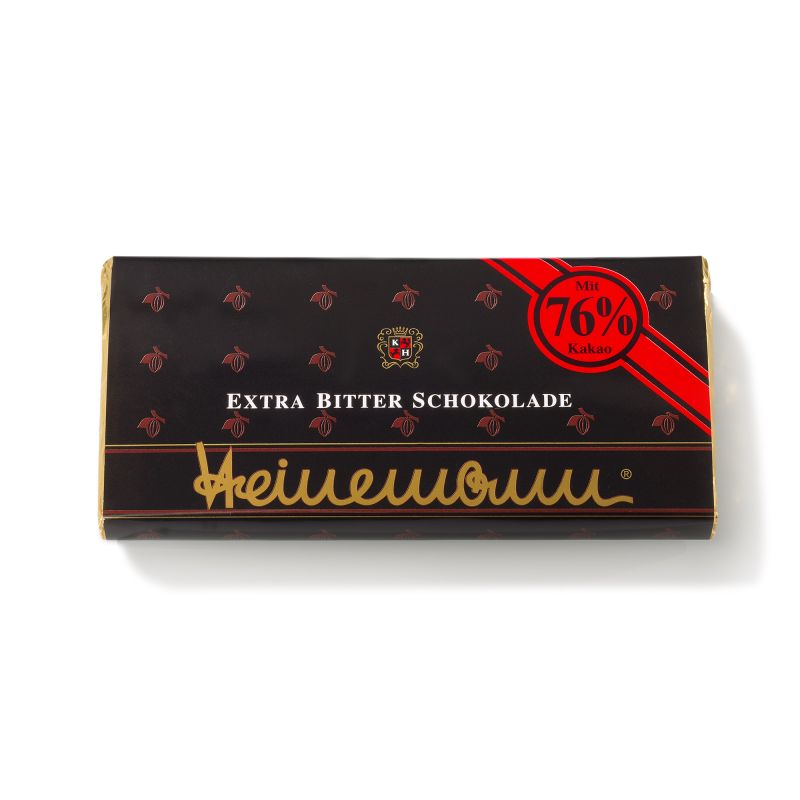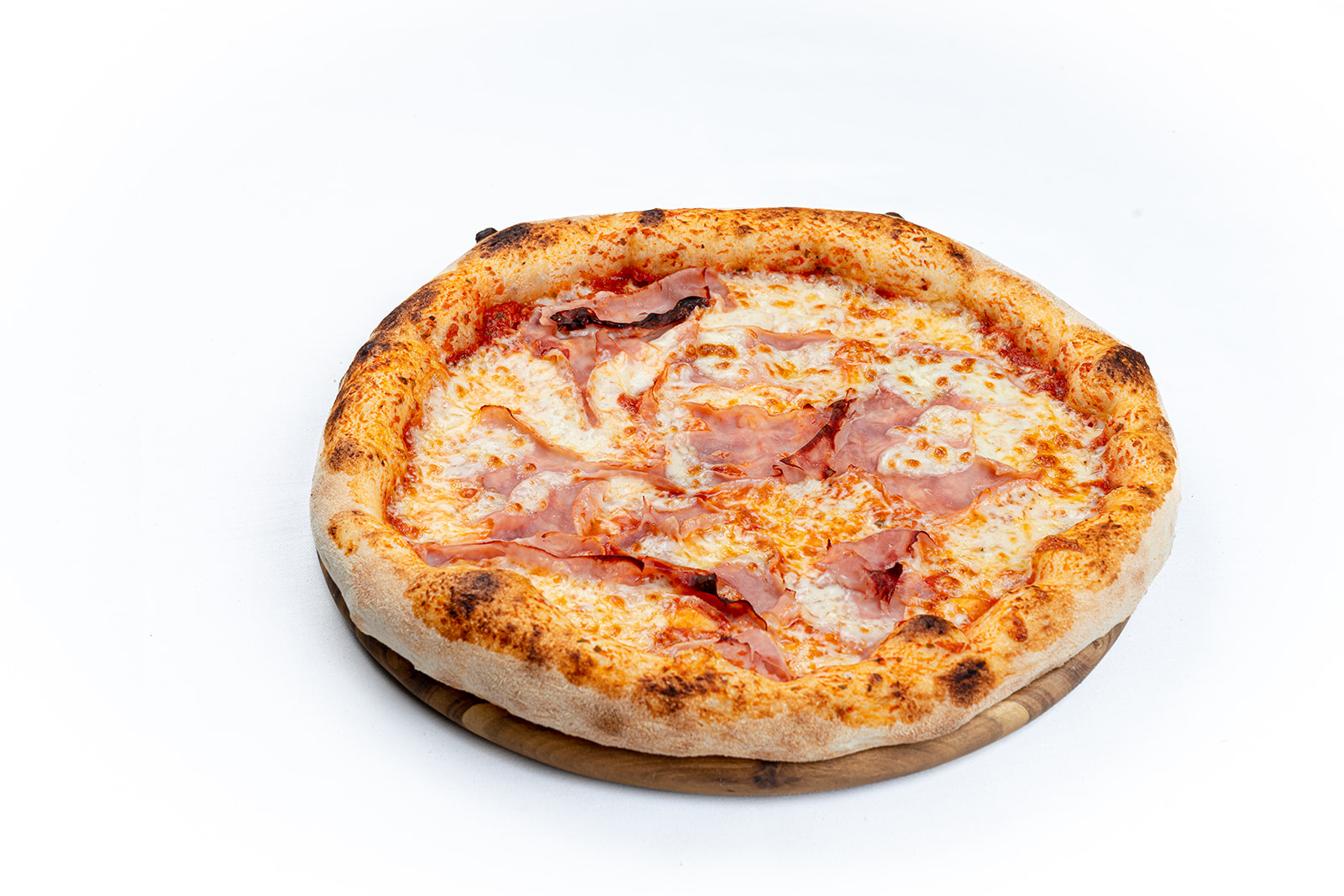
Introduction: A Sweet Sensation
Chocolate bars have long been a favourite indulgence for many, serving not only as a treat but as a comforting snack. The chocolate bar market is significant, contributing billions to the global economy. With an increasing awareness of health benefits, flavour innovations, and changing consumer preferences, the chocolate bar industry is witnessing a remarkable evolution.
The Chocolate Bar Market Landscape
Recent reports indicate that the global chocolate market was valued at approximately $130 billion in 2021 and is projected to expand at a compound annual growth rate (CAGR) of about 5.4% until 2028. This growth is attributed to various factors, including the rising demand for premium, artisanal chocolate, and innovative flavour combinations. Major players in the industry, such as Mars, Nestle, and Mondelez, are focusing on sustainability and premium quality chocolate bars, leading to a variety of new products in the market.
Health-Conscious Choices
As health-conscious consumption trends rise, many manufacturers are adapting their products to cater to the changing preferences. Dark chocolate, known for its high cocoa content and lower sugar levels, is gaining popularity as a healthier alternative. Furthermore, products claiming to be organic, gluten-free, or vegan have emerged, attracting a wide range of consumers. For instance, brands like Hu and Enjoy Life are targeting health-conscious buyers by offering indulgent options without compromising dietary restrictions.
Innovation and Sustainability
Innovation is at the forefront of the chocolate bar renaissance. The emergence of unique flavours from exotic spices to superfood ingredients is redefining traditional expectations. Companies are incorporating ingredients like matcha, turmeric, and even energy boosters like caffeine into their chocolate bars. Additionally, sustainability is a key factor driving new sales as consumers increasingly prefer brands that use ethically sourced cocoa and sustainable packaging. Many companies are investing in certified sustainable cocoa to appeal to environmentally conscious shoppers.
Conclusion: The Future of Chocolate Bars
The chocolate bar market is evolving rapidly, reflecting broad shifts in consumer preferences and societal norms. As sustainability, health, and flavour innovation play increasingly critical roles, the future of chocolate bars looks promising. For consumers, this is excellent news, as it leads to a wider array of choices that cater to diverse dietary needs and preferences. As the market continues to grow, chocolate lovers can expect to see even more exciting developments in their favourite treat.
You may also like

The Rise and Impact of V Energy Drink in Australia

The Evolution and Cultural Impact of Pizza

Exploring the Latest Food Trends of 2023
SEARCH
LAST NEWS
- Remembering Wendy Richard: The Promise to Co-Star Natalie Cassidy
- How Did Anglian Water Achieve an ‘Essentials’ Rating for Mental Health Accessibility?
- Shai Hope Leads West Indies in T20 World Cup Clash Against South Africa
- What We Know About Weston McKennie: Future at Juventus and Past at Leeds
- What We Know About the Upcoming Live Nation Antitrust Trial